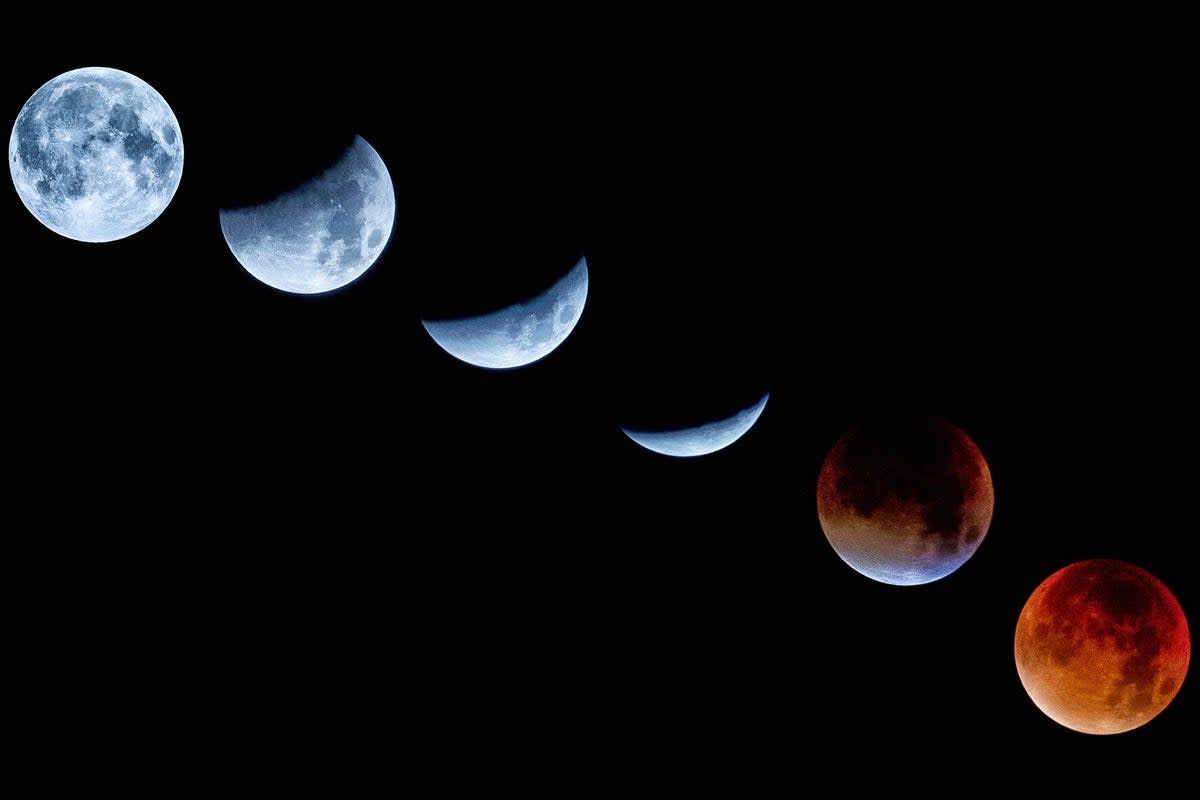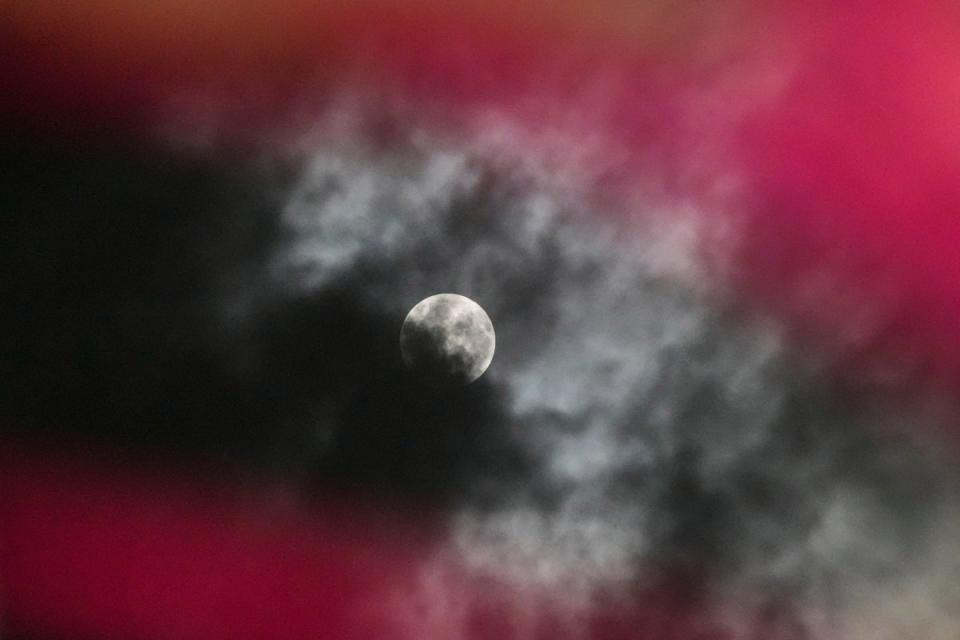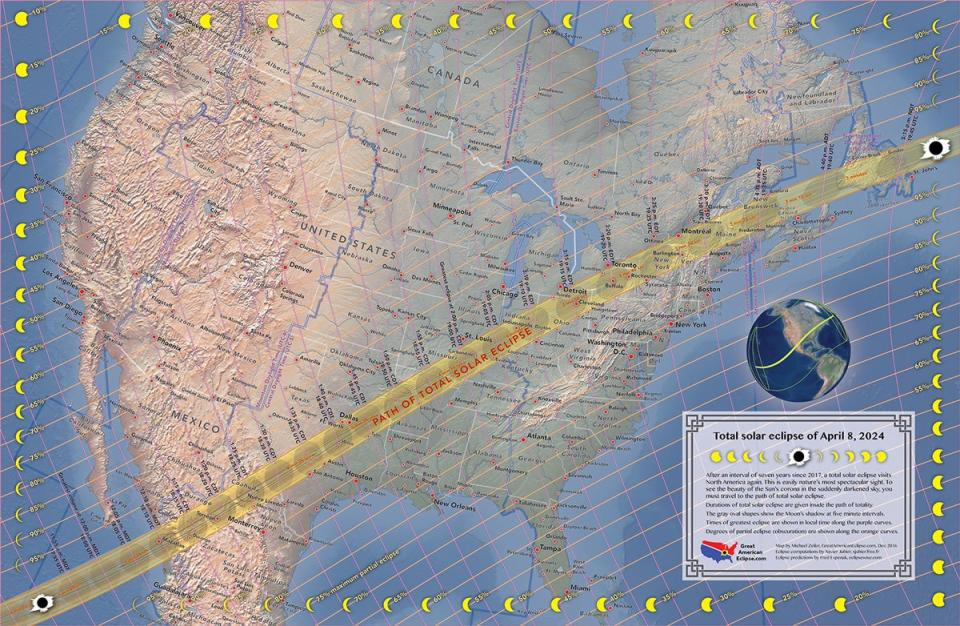‘Eclipse season’ begins as total solar eclipse follows ‘Worm Moon’ lunar eclipse

A lunar eclipse on Monday kicks off a period dubbed “eclipse season” that will see a total solar eclipse take place exactly two weeks later.
The penumbral lunar eclipse in the early hours of 25 March during the ‘Worm full moon’ precedes a rare solar eclipse on 8 April that crosses over the United States.
The two celestial events coincide as a result of the Earth, Moon and Sun lining up, with the full moon heralding a lunar eclipse and the new moon creating a solar eclipse.
“An eclipse season is one of only two periods during each year when the Sun, the Moon and Earth are aligned, allowing eclipses to occur,” Nasa explains on its website.
“Each season lasts about 35 days and repeats just short of six months later.”

While the total solar eclipse on 8 April will only be visible in North America, it will be possible to view the lunar eclipse from anywhere with clear skies on the night side of Earth.
The most recent total solar eclipse in the US took place in 2017, however the next one will not occur until 23 August, 2044.
The path of totality for the 2024 eclipse stretches from the west coast of Mexico up to the north eastern coast of Canada.

It passes directly over several major cities – including Dallas, Indianapolis, Toronto and Montreal – offering tens of millions of people the opportunity to view the spectacle.
Calculations from the US space agency suggest 31.6 million people live underneath the path of totality for the 2024 solar eclipse, compared to just 12 million for the eclipse that crossed over the continent in 2017.
Even those who are not directly below the path of totality will have an opportunity to witness the Moon passing in front of the Sun on 8 April, with every single state experiencing at least a partial solar eclipse.
Totality will last for around four and a half minutes, plunging the Earth below into darkness. Depending on the timing, it may be possible to view coronal mass ejections during this time, although anyone wishing to watch the eclipse are advised to use proper eye protection.


